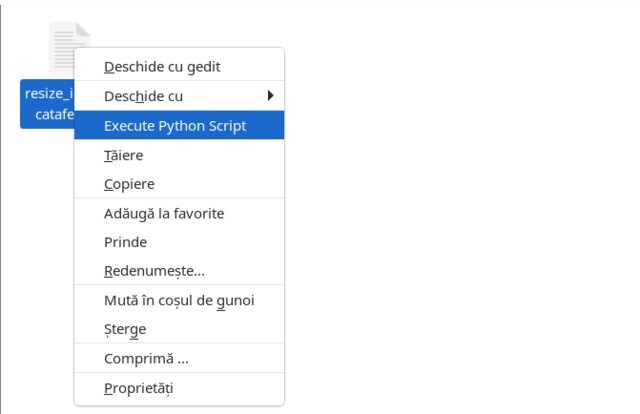Today I created this source code in python that generates eight random convex polygons. The idea was to create sprites for a 2D game: snowballs, boulders, or similar objects ... Obviously I also used Sonet 3.5 artificial intelligence. You can find the source code on the pagure account in fedora.
#!/usr/bin/env python3
"""
SVG Polygon Generator
This script generates multiple deformed polygonal shapes and saves them as separate SVG files.
Each polygon maintains convex properties while having controlled random deformations.
Features:
- Generates 8 unique polygonal shapes
- Controls deformation through radial and angular factors
- Maintains convex properties
- Exports each shape to a separate SVG file
- Uses random colors for visual distinction
Usage:
python generate_svgs.py
Output:
Creates 8 SVG files named 'polygon_1.svg' through 'polygon_8.svg'
"""
from lxml import etree
import random
import math
from pathlib import Path
def create_svg_root():
"""Create and return a base SVG root element with standard attributes."""
root = etree.Element("svg")
root.set("width", "500")
root.set("height", "500")
root.set("xmlns", "http://www.w3.org/2000/svg")
return root
def calculate_points(center_x: float, center_y: float, radius: float,
num_sides: int, deform_factor: float) -> list:
"""
Calculate polygon points with controlled deformation.
Args:
center_x: X coordinate of polygon center
center_y: Y coordinate of polygon center
radius: Base radius of the polygon
num_sides: Number of polygon sides
deform_factor: Maximum allowed deformation factor
Returns:
List of tuples containing (x, y) coordinates
"""
points = []
angle_step = 2 * math.pi / num_sides
for i in range(num_sides):
angle = i * angle_step
radial_deform = random.uniform(-deform_factor, deform_factor)
angular_deform = random.uniform(-deform_factor/2, deform_factor/2)
modified_angle = angle + angular_deform
modified_radius = radius * (1 + radial_deform)
x = center_x + modified_radius * math.cos(modified_angle)
y = center_y + modified_radius * math.sin(modified_angle)
points.append((x, y))
return points
def generate_deformed_shapes():
"""Generate multiple deformed polygons and save them to separate SVG files."""
# Base parameters
num_sides = 8
center_x = 250
center_y = 250
base_radius = 150
max_deformation = 0.15
output_dir = Path("generated_polygons")
# Create output directory if it doesn't exist
output_dir.mkdir(exist_ok=True)
for i in range(8):
root = create_svg_root()
points = calculate_points(center_x, center_y, base_radius,
num_sides, max_deformation)
path = etree.SubElement(root, "path")
path_data = f"M {points[0][0]} {points[0][1]}"
path_data += "".join(f" L {p[0]} {p[1]}" for p in points[1:])
path_data += " Z"
path.set("d", path_data)
path.set("fill", "none")
path.set("stroke", f"#{random.randint(0, 16777215):06X}")
path.set("stroke-width", "2")
path.set("opacity", "0.7")
# Save individual SVG file
output_file = output_dir / f"polygon_{i+1}.svg"
tree = etree.ElementTree(root)
tree.write(str(output_file), pretty_print=True,
xml_declaration=True, encoding='utf-8')
print(f"Generated {num_sides} polygons in {output_dir}")
if __name__ == "__main__":
generate_deformed_shapes()



